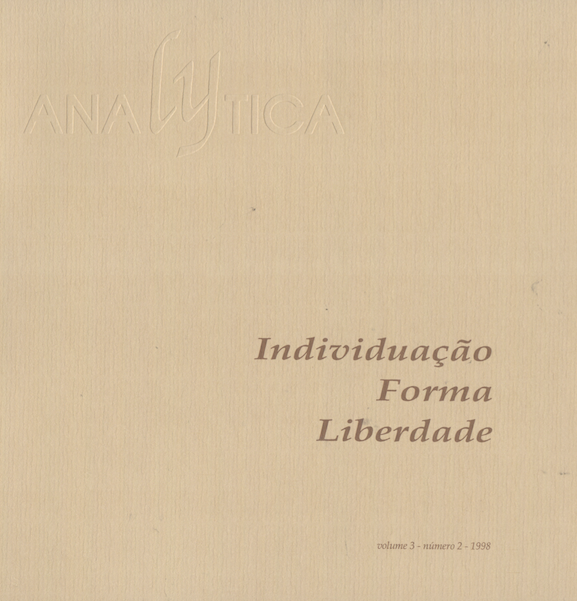Vontade: determinação e liberdade
Resumo
O objetivo deste texto é examinar algumas das dificuldades envolvidas na tese cartesiana de que o ato volitivo de assentir é determinado pelo ato do entendimento de representar mas é, entretanto, um ato livre. Nesse artigo pretendo argumentar que: 1) se entendimento e vontade são faculdades de uma mesma substância; 2) se alguns de seus atos são atos puramente mentais; 3) se, por isso mesmo, tanto os atos da vontade pura quanto os atos do entendimento, são modos de uma mesma substância cujo atributo principal é o pensamento, a razão, e, portanto, se esses atos têm a razão como agente comum, então no que concerne o ato da vontade pura não há qualquer coação externa, mesmo quando é determinado pelo entendimento. Com efeito, o que explica, afinal de contas, a autonomia de certos atos da vontade mesmo que estes sejam, de certa forma, determinados é que nesses casos trata-se da razão se auto determinando através de suas faculdades principais (entendimento e vontade).
Abstract
My purpose in this article is to analyze some of the difficulties that arise from the Cartesian claim that the act of the will of assenting is determined by the act of representing but is, nevertheless, a free act. My claim is that 1) if understanding and will are faculties of the same substance; 2) if some of their acts are pure mental acts 3) if, for this very reason, both the acts of pure will and the acts of the understanding are modes of the very same substance, whose essential attribute is reason, and, therefore, if their acts have reason as the common agent, then the acts of the pure will are never constrained by any external force, even though they might be determined by the understanding. What explains, after all, the autonomy of certain acts of the will even if somehow determined is that, in these cases, reason determines itself through its main faculties (will and understanding) .
Downloads
Downloads
Publicado
Como Citar
Edição
Seção
Licença
Os autores que publicam nesta revista concordam com os seguintes termos:
- Os autores mantêm os direitos autorais e concedem à revista o direito de primeira publicação, com o trabalho simultaneamente licenciado sob a Licença Creative Commons Atribuição-SemDerivações 4.0 Internacional (CC BY-ND 4.0), que permite a redistribuição, comercial ou não comercial, desde que a obra original não seja modificada e que seja atribuído o crédito ao autor.
- Os autores têm autorização para assumir contratos adicionais separadamente para distribuição não-exclusiva da versão do trabalho publicada nesta revista (ex.: publicar em repositório institucional ou como capítulo de livro), com reconhecimento de autoria e publicação inicial nesta revista.
- Os autores têm permissão e são estimulados a publicar e distribuir seu trabalho online (ex.: em repositórios institucionais ou na sua página pessoal) a qualquer ponto antes ou durante o processo editorial, já que isso pode gerar alterações produtivas, bem como aumentar o impacto e a citação do trabalho publicado (Veja O Efeito do Acesso Livre).


